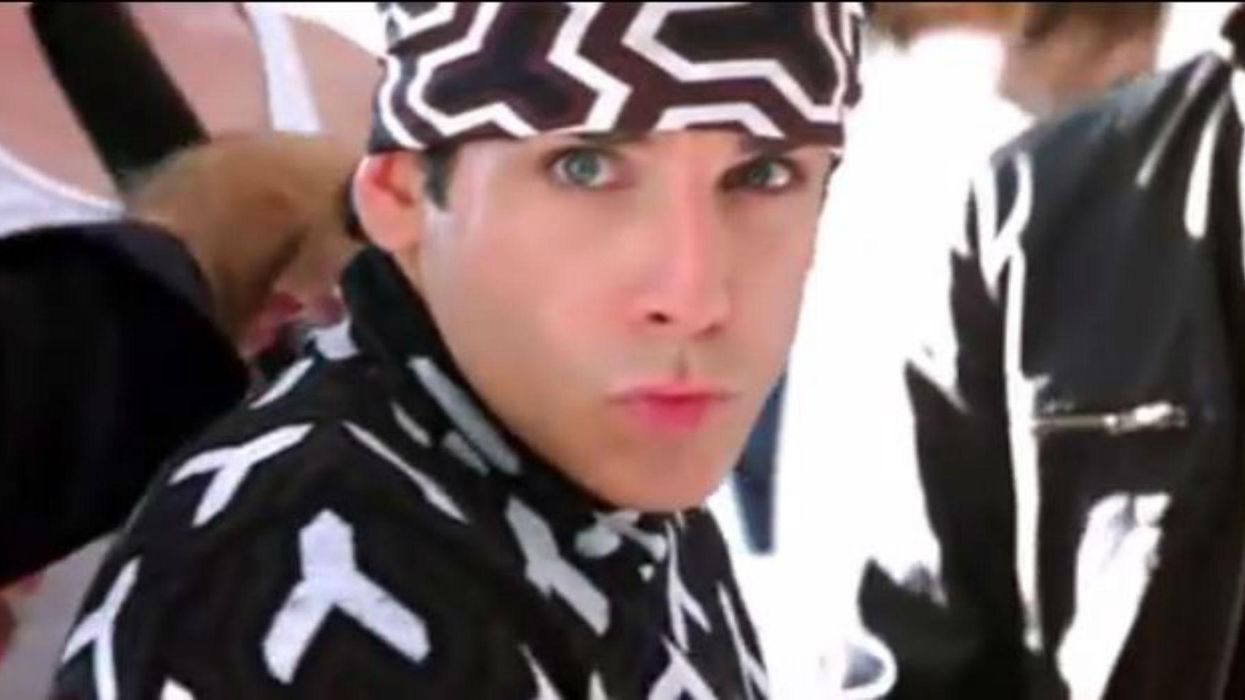News
Joe Vesey-Byrne
Jul 30, 2017

Picture:
Michael Norward Miranda/YouTube screenshot
Back in the day, before sexism all got sorted, and everyone started being paid the same, adverts specifying looks were quite common for women.
For instance job listings for secretaries regularly contained 'measurements' - seriously.
Shoreditch, which nowadays is a byword for 'pretentious' when used in the media, seems to be reviving the trend.
Nicola Thorpe took a screen shot of a job advert for waitstaff at a soon to be opened jazz bar in Shoreditch.
Thorp previously made headlines when she was sent home from her job at the firm PwC for refusing to wear high heels.
The advert, posted on jobs website Reed.co.uk, asked for the staff to be 'attractive'.
It has been removed by Reed for using 'inappropriate language', but Thorp's screenshots remain online:
The advert was posted by House of Wax, on behalf of the unnamed jazz bar.
Further down the advert specifies they must be 'extremely attractive'.
In addition to the standard requirements of waitstaff, such as needing to handle cash, and have impeccable customer service, the advert also said one requirement was:
Physical attractiveness is unfortunately necessary for this role.
Because, you know, unfortunately, the person setting the hiring criteria to be included in this vacancy listing had no control over including it as criteria. Unfortunately.
Another gem is the requirement that women wear black heels, and men wear dress shoes.
The offending advert has been withdrawn, though the same company appears to still searching for an 'events manager'.
There the advert calls the venue a Jazz Bar and 'experimental coffee shop'.
Presumably they're experimenting with 'vintage' recruitment policies.
Reed.co.uk issued this statement:
At reed.co.uk, we take our responsibilities as a recruitment advertising platform, used by thousands of jobseekers every day, extremely seriously.
As such, we have a number steps in place to ensure jobs advertised with us comply with all appropriate legislation, are non-discriminatory and, of course, genuine.
Clearly, in this instance, an advertiser has used inappropriate language in their posting and so details of the vacancy have been removed whilst we work with them to ensure they are made fully aware of relevant legislation affecting their recruitment.
Equality Act
Does asking employees to be 'extremely attractive' breach the law?
The last piece of legislation passed by the last Labour Government was the 2010 Equality Act, but 'attractiveness' does not come into it.
According to gov.uk it is against the law to discriminate against anyone because of the following 'protected characteristics':
- age
- being or becoming a transsexual person
- being married or in a civil partnership
- being pregnant or on maternity leave
- disability
- race including colour, nationality, ethnic or national origin
- religion, belief or lack of religion/belief
- sex
- sexual orientation
This protection applies at work, in education, as a consumer, when using public services, when buying or renting property, and as a member or guest of a private club or association.
There are some exceptions, and the government gives two examples:
- a Roman Catholic school restricting applications for admission of pupils to Catholics only.
- employing only women in a health centre for Muslim women.
An exception is also made for actors and models in the film, television, and fashion industries.
In 2016, Thorp campaigned unsuccessfully to have the government stop companies from forcing women to wear heels to work.
The jazz bar is certainly not the first company to seek attractive only candidates.
The website beautifulpeople.com is one such recruiter.
BeautifulPeople’s recruitment service makes it easy for businesses to secure attractive personable employees to give your business that competitive edge.
The practise of asking applicants to include a photo is illegal in the United States.
Experiments with 'blind auditions' for orchestra musicians didn't produce better looking players (frankly everyone with a cello looks hot), but it did increase the number of female players by 30 per cent.
HT Metro
More: London theatre posts (then quickly deletes) this hugely patronising job advert
Top 100
The Conversation (0)












